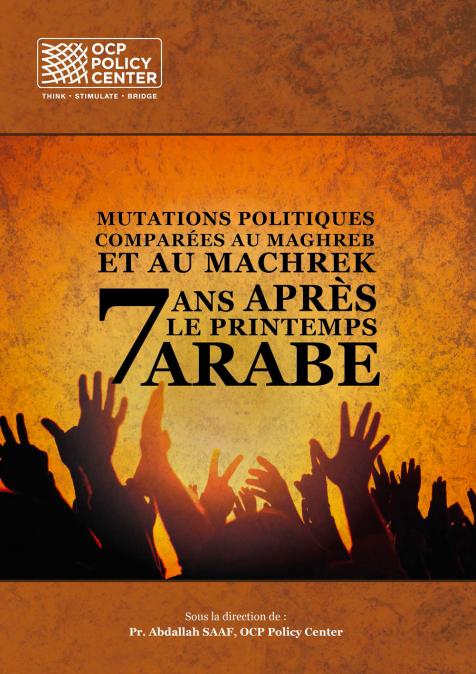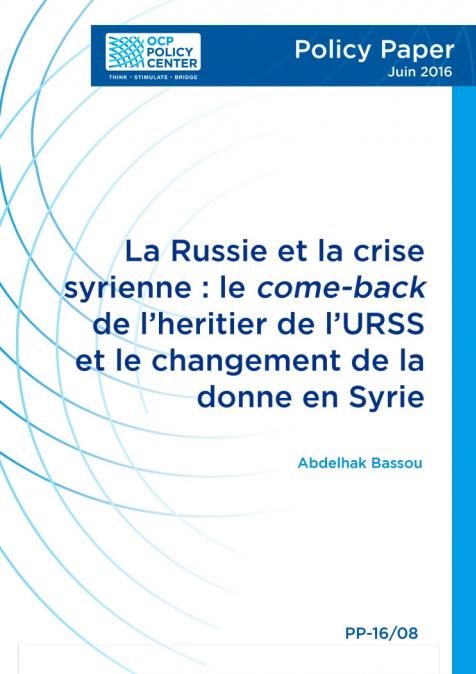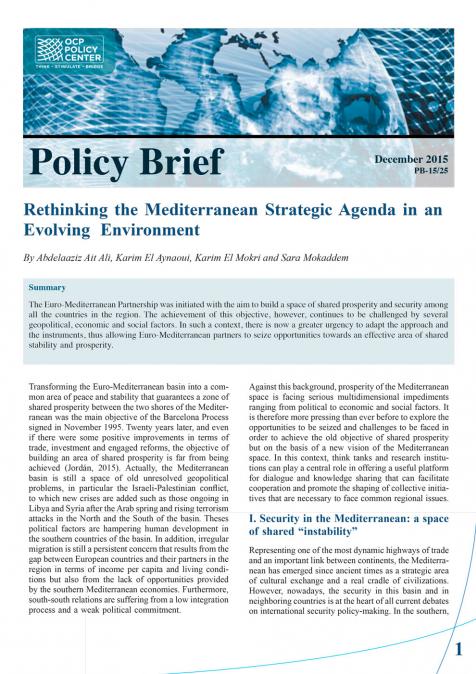Publications /
Book / Report
Après les vagues de protestations connues par le nom des « printemps arabes », les pays touchés n’ont pas tous abouti aux mêmes résultats. En effet, les fruits de ces manifestations ont varié en fonction des différences et des spécificités de chaque pays. Aujourd’hui, les conséquences se déclinent sous plusieurs scénarios : transition démocratique, reconstructions, réformes, contre-révolutions, guerres civiles, restauration autoritaire et autres. Ainsi, chaque société a vécu ses propres mutations. Dans cette diversité de conséquence, il n’est pas aisé de généraliser les propos sur les « printemps arabes ». Dans cette perspective, cet ouvrage regroupe des contributions thématiques et comparatives de la région du Maghreb et du Machrek afin d’étudier les évolutions de ces pays depuis le début des « printemps arabes ». Les auteurs s’étaient réunis à l’initiative du Professeur Abdallah Saaf, Senior Fellow à OCP Policy Center, lors d’une conférence tenue le samedi 17 décembre 2016 afin de discuter de leurs chapitres respectifs.









